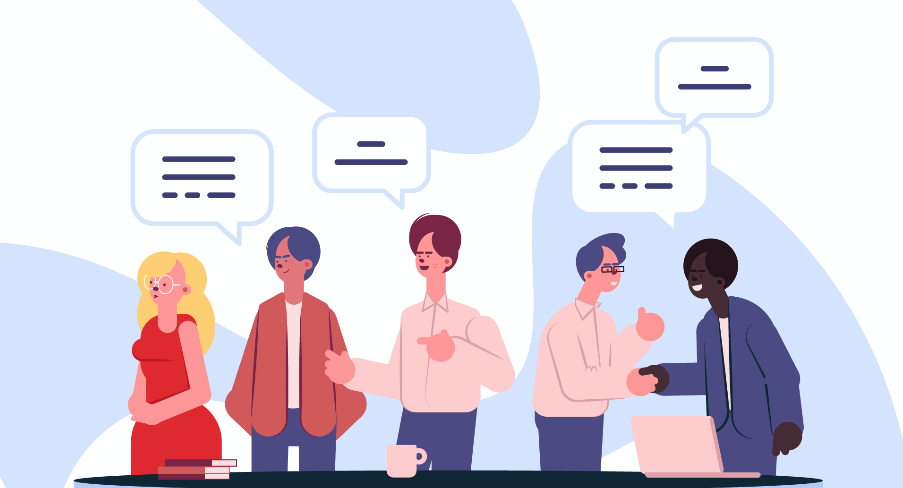So you want to drive leads through social organic? Ha! Sure – good luck with that. It’s a question we commonly get, and one that we give the same answer to. Social Organic – i.e your business or company page on Facebook or LinkedIn, is not the best conversion channel. What it is, is a great space to present your company, define a tone of voice, and show a more approachable and personable side. It’s also becoming more and more of a channel to converse with your customers, offer after-sales support, pre-sale enquiries, and encourage loyalty. Yes, you can get some conversions along the way but the cost of these will be a lot higher than from paid, so it should not be your main KPI.
Social organic is vital, but it’s not a channel to deliver your next year p&l goals.
Why isn’t social organic a conversion driver?
Let’s look at Facebook. So, you put a post out through your business page, organically. You have 3,000 followers, so your post will go out on all of their feeds and show up the next time they login – right?
Wrong! Facebook’s 2018 algorithm updates mean that less than 2% of your audience will actually see your post. The reality is, in our experience, this is likely to be less than 1%.
So less than 2% of your audience sees your post about an amazing sale on lawnmowers. But organically, your audience isn’t in a buying mood. Paid ads get more traction as they are targeting the right people (if done well), you can do very specific messaging per different audience segments offering even more relevancy, and your ad is usually seen more than one time by the same person. This means that you can get more in-front of mind as time goes on. This also poses a different problem – spamming people with the same ad, but that’s a topic for another day.
Are Social Groups the future?
Social groups are more topic-focused, rather than about your brand, and allow members to freely converse within a space together. It becomes a more natural, and organic, flow of engagement. It’s not a platform to promote products or services, but off the back of a topical conversion, this can come naturally.
Let’s stick with the lawnmowers. Jonny’s Mowers is a global lawnmower provider selling over 450,000 units per year (they’re not, this is made up). They decide to create a group for grass lovers called ‘Perfect Lines’. It’s for all those green-fingered fanatics across the world to share their pruning techniques, watering routines, and edge-mastering skills. The group grows in popularity and a continuous stream of conversation takes off.
For Jonny’s Mowers this now becomes a community of super relevant customers, who are highly engaged – organically. This isn’t the place for product promotions, but Jonny’s Mowers, as experts in the field, can also engage and converse in this group to add insight from a company perspective, as well as sharing small amounts of .com content. The trick here is to get the amount right. The group needs to remain a community, so don’t go overboard.
With around a 14% reach of posts to group member timelines, that’s a seven times increase in reach over page posts. So you can already see the potential here.
So to conclude!
Pages are essential – they showcase your business, provide a reference and communication point for your customers, and add legitimacy. But, if you’re serious about using organic engagement to drive interest, consider groups as your next step.
jonny
Jonny leads digital performance at Sticky Click, as well as overseeing all performance based creative. He has over a decade of experience working on everything from design for print through to global digital growth campaigns. He's your technical guru at Sticky Click, and a tracking and attribution geek.


